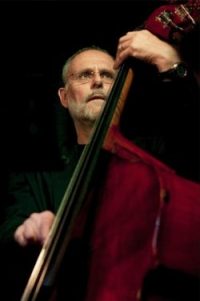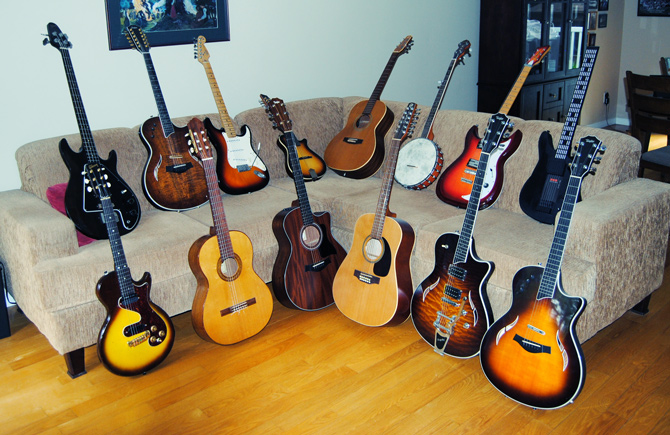Little Walter (Marion Walter Jacobs, 1930-1968) was a blues singer and songwriter whose simple but revolutionary approach to the harmonica altered the course of contemporary music. Frustrated with having his harmonica drowned out by electric guitars, Little Walter started cupping a small microphone and his harmonica in his two hands and plugging the microphone into a public address system or an amplifier. The resulting sound was unbelievably loud and his bends and howls on the harmonica, even his breath, came out as something overpowering. It was a sound never heard before and impossible to reproduce on any other instrument. Afterwards, everyone wanted to play like him. He was inducted in the Rock ‘n Roll Hall of Fame in 2008.
Little Walter left his rural Louisiana home at the age of twelve and rambled, playing with artists like Sonny Boy Williamson and Sunnyland Slim before getting to Chicago in 1945. He joined Muddy Waters’ band in 1948 and, listening to landmark recordings like “Long Distance Call” and “She Moves Me”, it is well understood that Little Walter was dramatically changing the sound of the blues. He left Muddy’s band to record on his own in 1952 and his first recording, an instrumental called “Juke”, reached #1 on the Billboard R&B chart, the only harmonica instrumental ever to do so. Little Walter had fourteen top-ten hits on the Billboard R&B charts between 1952 and 1958 (including another #1 hit, “My Babe”, in 1955), a level of commercial success never achieved by Muddy Waters nor by his fellow Chess blues artists Howlin’ Wolf and Sonny Boy Williamson.
“My Babe”, like most of the repertoire of postwar Chicago blues, was written by Willie Dixon, the bassist and A&R man (artists and repertoire) at Chess Records. The song is based on the traditional gospel song “This Train (Is Bound For Glory)”, recorded in the late 1930s by the sublime Sister Rosetta Tharpe. Ray Charles had controversially pioneered the gospel-song to secular-song approach with his reworking of the gospel hymn “It Must Be Jesus” into “I Got A Woman”, a number one hit on the Billboard R&B charts in early 1955. Shortly after, Little Walter recorded “My Babe” and the single eclipsed Charles’ record by spending five weeks at #1 on the Billboard R&B chart, making it one of the biggest R&B hits of 1955.
By the late 50s, Little Walter branched out as a session man and recorded his howling harmonica for artists like Jimmy Rogers, Memphis Minnie, Bo Diddley, Otis Rush and Robert Nighthawk. Unfortunately, this period coincided with his decline in fame and fortune. Little Walter, a small slight man in the rough and tumble macho world of Chicago blues, was an alcoholic and had a notoriously short fuse. This led to violent altercations which he seldom won – the knife scars on his face are a testament to that.
Little Walter toured Europe in 1964 and 1967. Returning home, he was involved in one last fight while taking a break from a performance at a nightclub on Chicago’s seedy South Side. Early the following morning, on February 15, 1968, he died in his sleep from wounds sustained in that fight. Little Walter was 37 years old.
Richard Séguin – voice, electric guitars
Alrick Huebener – upright bass
Roch Tassé – drums
Photo of Alrick by Kate Morgan



Ajouter un mot
You must be logged in to post a comment.